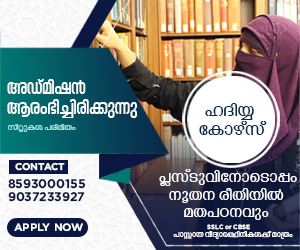Kerala's U-Turn on PM SHRI Scheme: A Deep Dive into Educational Autonomy And Political Undercurrents
Previously steadfast in its opposition alongside other non-BJP states, Kerala's ruling LDF government made a controversial U-turn by agreeing to join the central government's PM SHRI education scheme. Critics view the scheme as a tool for implementing the NEP, centralizing curriculum, imposing Hindi, and threatening the state's secular cultural identity. The reversal appears driven by intense pressure from the Centre, which withheld crucial funds from states refusing to adopt the program. This decision is widely condemned as a political compromise where educational autonomy was sacrificed for financial aid, causing internal rifts within the ruling coalition. Ultimately, it risks undermining Kerala's unique, long-standing model of inclusive education through centralization and privatization.























